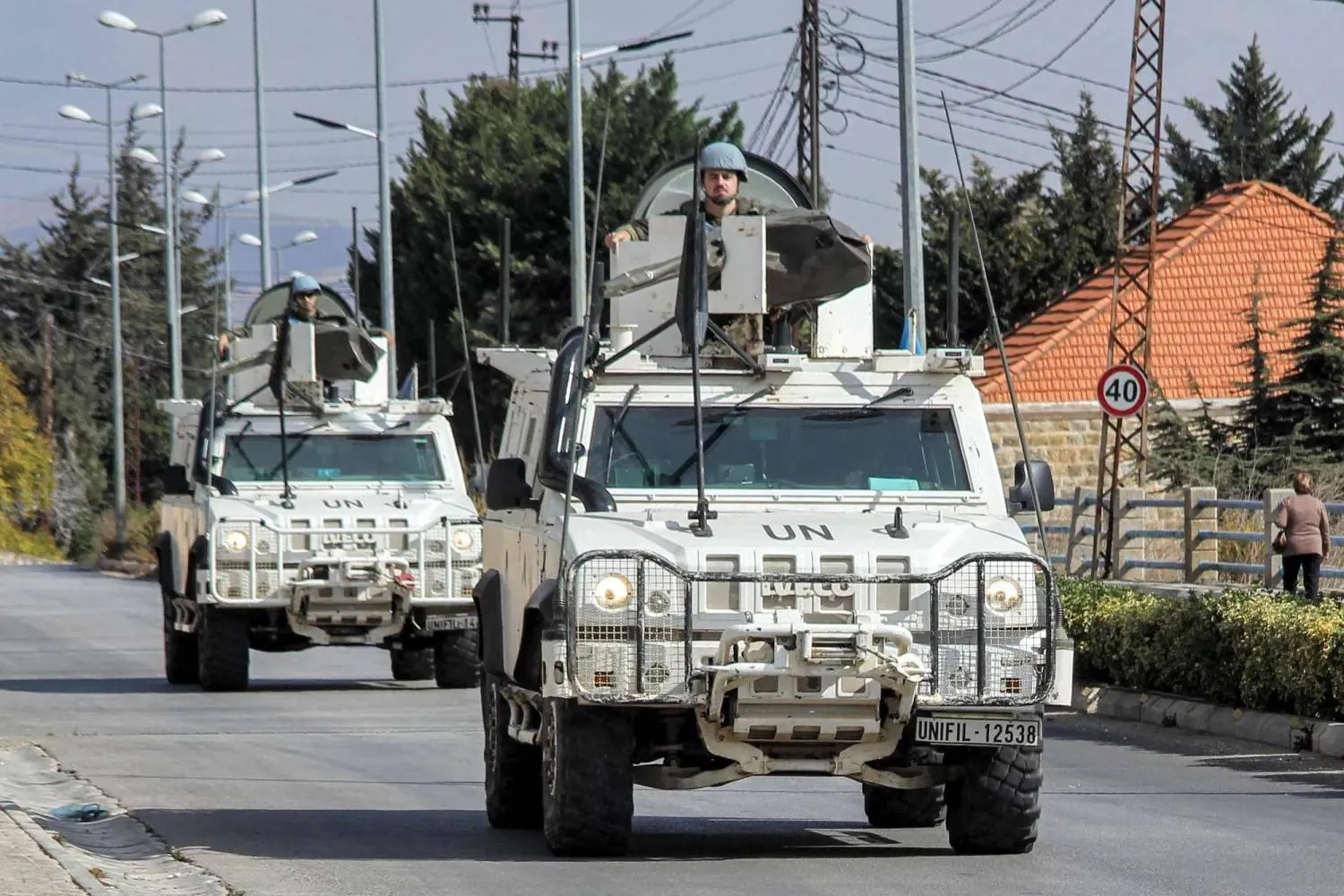UN Security Council members on Monday inquired about the request of UNIFIL to possess new technologies that would guarantee the mission’s freedom of movement and access throughout its area of operations along the Blue Line in the south of Lebanon.
In closed consultations held on Monday, the UN Council members received a briefing on UN Secretary General Antonio Guterres’ latest report on the implementation of resolution 1701, which was circulated to Council members on 11 March.
The report urged prioritizing UNIFIL’s monitoring and verifying mechanisms, and enhancing tactical response in implementation of the resolution.
Adopted in 2006, Resolution 1701 called for a cessation of hostilities between Israel and Hezbollah.
At the session on Monday, Council members listened to briefings by Special Coordinator for Lebanon Jeanine Hennis-Plasschaert and Under-Secretary-General for Peace Operations Jean-Pierre Lacroix on developments in UNIFIL area of operations from south of the Litani River to the Blue Line in accordance with the Taif Accord and Security Council Resolutions 1559, 1701 and 1680.
The resolutions stipulate the disarmament of armed groups in Lebanon, including Hezbollah and the full control of territories by the Lebanese government.
In his 35-page report, the Secretary-General welcomed the “continued holding of the cessation of hostilities...despite challenges.”
The report registered progress towards the objective outlined in the cessation of hostilities arrangement of the withdrawal of the Israeli army south of the Blue Line and the deployment of the Lebanese armed forces.
It notes, however, that the “situation remains fragile” and that the Israeli army has “not yet completely withdrawn from Lebanese territory, remaining at five locations, and designating two areas as so called ‘buffer zones’ along the Blue Line.”
The Secretary-General also noted that the Lebanese Army has started to dismantle military infrastructure and confiscate weapons “believed to have belonged to Hezbollah south of the Litani River.”
Israel’s Withdrawal
In his report, Guterres urged parties to effectively implement their side of the cessation of hostilities arrangement and resolution 1701.
He notes that the Israeli army’s presence north of the Blue Line is a violation of Lebanese sovereignty and territorial integrity, as well as of resolution 1701, and undermines the efforts of the Lebanese authorities to extend state authority throughout its territory.
The UN Chief also rejected the continued occupation of the northern part of the town of Ghajar and the adjacent area north of the Blue Line, condemning “all violations of Lebanese sovereignty.”
Aoun and Salam’s Efforts
Guterres welcomed recent political developments in Lebanon, such as the election of President Joseph Aoun on January 9, the designation on 13 January of Nawaf Salam as prime minister and the formation of the government on 8 February.
The Secretary-General spoke about the dramatic human impact and the utter level of destruction caused by the recent conflict in Lebanon, calling on donors to fully fund the 2025 Lebanon Response Plan and the Emergency Appeal.
Guterres expressed “optimism about Aoun’s pledge to take control of all arms outside state authority and fully implement the ceasefire deal with Israel.”
He called on the Lebanese Government to “facilitate the full implementation of the relevant provisions of the Taif Agreement and resolutions 1559, 1701 and 1680.









